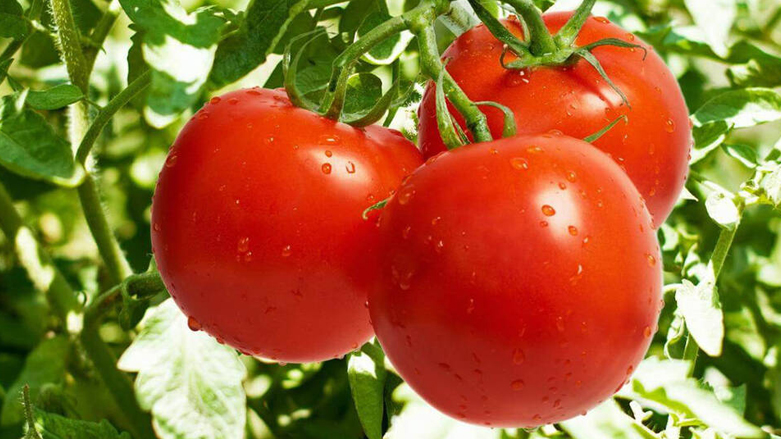Kurdistan Region bans tomato imports after demonstration by local farmers

ERBIL (Kurdistan 24) – The autonomous Kurdistan Region has temporarily banned the import of tomatoes in support of local agriculture in Sulaimani province’s Penjwin district.
According to an official decision handed down by the Ministry of Agriculture and Water Resources, the import of tomatoes from Turkey and Iran, which has accounted for a majority share of produce consumed in the Kurdistan Region in recent years.
The ministry stressed that anyone attempting to smuggle banned produce into the Kurdistan Region "will be held responsible according to the law," noting that all border crossing facilities had been notified of the restriction.
A number of farmers in Penjwin recently staged a demonstration to call for the measure in order to support the selling of their product in local markets across the Kurdistan Region.
The Iraqi Ministry of Agriculture announced in August that it would allow the import of tomatoes and cucumbers, due to low local production.
Read More: Iraq to temporarily allow tomato, cucumber imports amid rising prices
In May, the Kurdistan Region announced plans to support the growth of greenhouses, to develop infrastructure on farming and other food production, and to increase tariffs charged on imported agricultural goods as part of efforts to make the federal region increasingly self-sustainable.
Read More: Kurdistan Region to boost agriculture for increased self-sustainability
Aside from the obvious economic advantages of boosting local agriculture, it also is a key prerequisite to becoming as “food independent” as possible. It is an issue that has emerged in the minds of many after seeing the effects of both the coronavirus and shortages that resulted from embargoes Baghdad imposed on the autonomous region after its independence referendum of late 2017.
Over the past few years, local farmers have called on the KRG to block the significant flow of foreign products that are already produced or grown domestically, lowering market prices to the point where it is difficult for them to make a living.